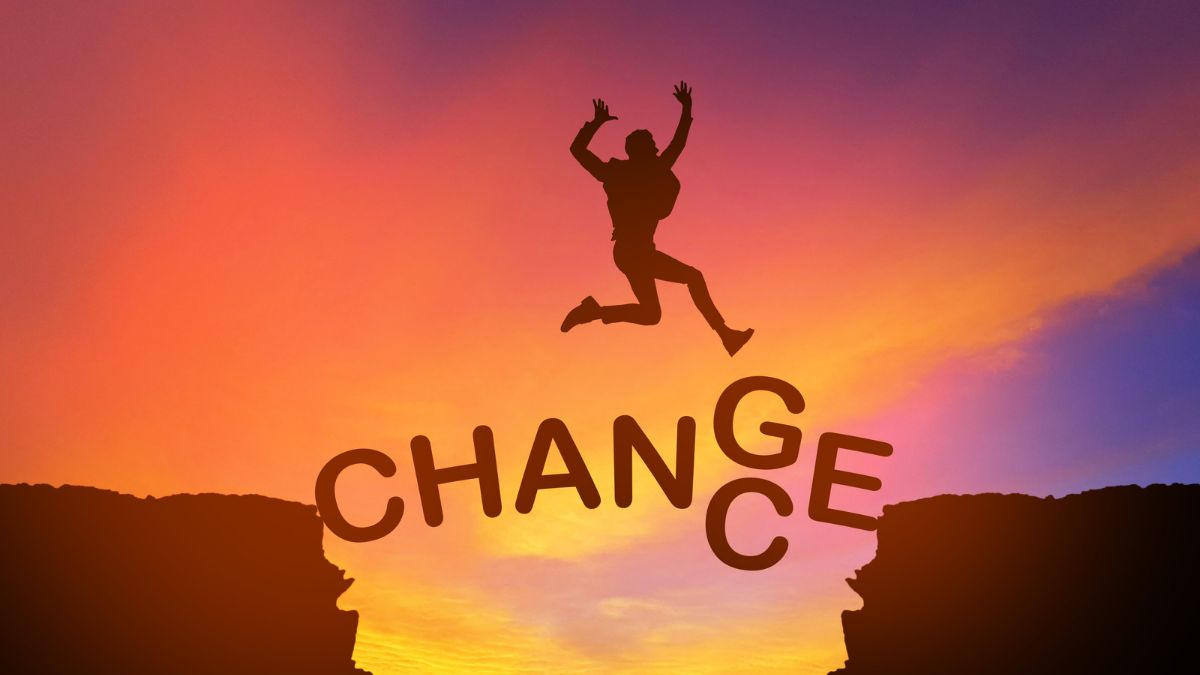
The start of a new year.
Much like any other life milestone, it’s a great reason to form new habits, change our behavior, or perform a complete u-turn in how we lead our lives. There is much research out there to suggest this is true.
However, as I am sure you are aware, sustaining these changes can be very challenging. Just take a look at the crowded fitness centers in January! Many of us declare our New Year’s resolution is to exercise more and get into better shape physically. Sustaining this energy past March is a little more complicated, as those same gyms empty out when other priorities take over.
Dieting is another example where we are buoyed by early successful changes to our bodies only to regain that same weight over and over again.
Then there are the dreaded financial woes we keep returning to after spending beyond our means during the holiday period. We tell ourselves, “this is the year I will avoid the overwhelming January credit card debt,” but are we able to really create that change?
Why Is It So Hard To Make Life-Affirming Changes?
According to a fantastic book I read recently by Robert Kegan and Lisa Laskow Lahey, our old model of change, which encompasses theories about motivation, discipline, and commitment, is no longer supported by recent research. Immunity to Change: How to Overcome it and Unlock the Potential In Yourself and Your Organization details how these dated ideas create barriers to making and sustaining the changes we desperately want. It suggests that many factors other than mere motivation can impact our behavior.
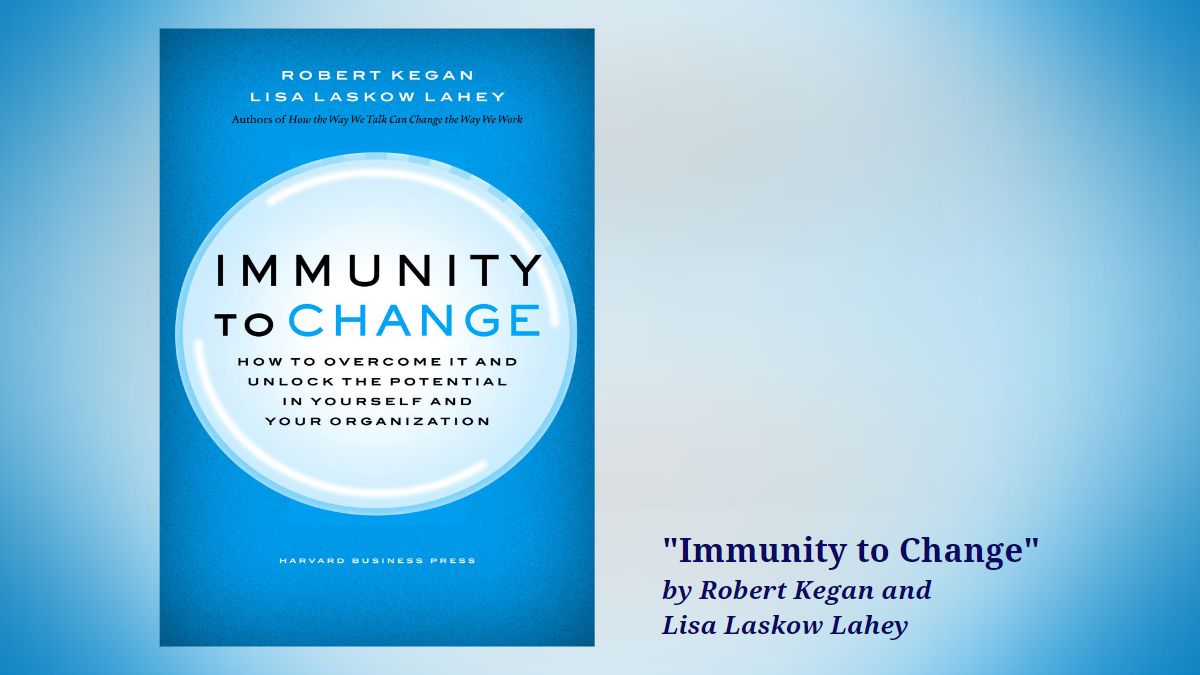
In their book, Kagan and Lahey describe a medical study with seriously at-risk heart patients that has convincingly shown us that motivation, combined with obvious incentives to improve diet, exercise, smoking, and ample understanding of the consequences for not doing so, still only results in one of seven patients being successful!
Why not? I hear you ask. Well, Kegan and Lahey discovered that change is not only tricky but also a crucial underlying factor that we need to address related to how we set goals, the forces that work against us, and the stories we tell ourselves to prevent successful transitions of mindset. In other words, motivation alone doesn’t do it. The authors propose that human beings have a built-in immunity to change. Understanding how our own immunity to change functions will help us move forward with the things we want to do differently.
So, when I think about embracing 2023 and the changes I want to make in my life, my business, and the lives of others, I am excited about espousing this immunity to change model and the tools Kegan and Lahey have developed to help us with our transition seeking behavior.
What Are Some Attainable Financial Goals For 2023?
Financial goals are some of the hardest to stick to, and often, everything you want to do creates a lot of questions that need to be answered. The following are some possibilities you may like to consider (and some of the questions that go along with them).
- Pay off debt: will this give me peace of mind?
- Save for retirement: do we have enough?
- Save for child’s education: how much do we need and should we be investing?
- An updated will based on your estate plan: can I include gifts to charities while leaving money to offspring?
- Determine estate tax liability to use charitable giving to eliminate/offset taxes: what strategies work best?
Of course, this is just a snapshot. There’s a lot to explore and achieve in 2023! We’re excited to assist you in achieving these goals, whatever they may be. You can start by examining your own immunity to change map by asking yourself:
- What are you doing and not doing that can interfere with you meeting these goals?
- What are your “resolutions” for 2023?
- What are your intentions, plans, and purpose for 2023?
- Is it time to think about making some firm decisions about your relationship with money?
Setting SMART Goals For Financial Change
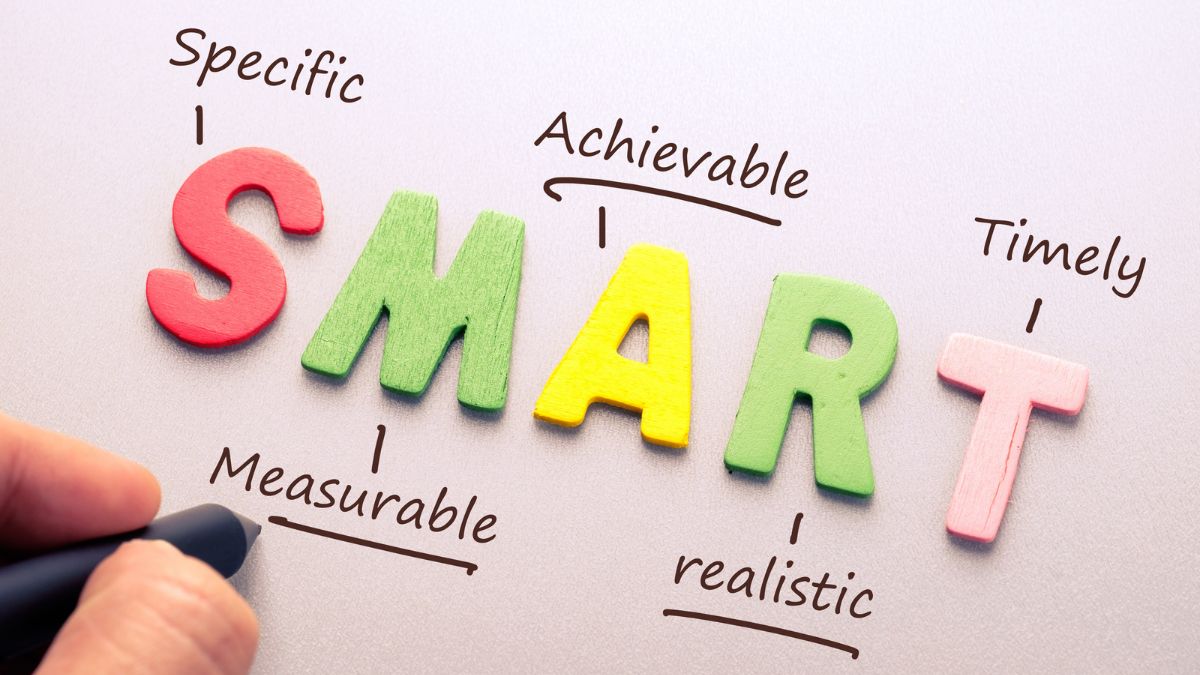
An acronym for Specific, Measurable, Achievable, Realistic, and Timely, I like the SMART Goals approach as it is easy to follow and helps keep you on track from implementation to overall execution.
Let’s say you want to save $4,000 this year for a memorable birthday trip to Sedona, Arizona, by January 1, 2024.
This goal is specific since there is an amount attached to it. It is measurable as it has a date you realize your success in reaching $4,000, assuming you started setting aside your savings in January 2023. You know it’s achievable because you can save/set aside $325/m from your cash flow in a high-interest savings account at five percent, giving you $4,000 in a year. Therefore, it is a realistic goal with a timely approach attached to it.
Using The Immunity To Change Model
Now, let’s go a bit deeper using the Immunity to Change Model and answer the questions:
- What may work against this goal I’ve set for myself?
- What might I do that would inhibit my meeting this goal?
- What could I tell myself that may prevent my overall success?
- What would you do that could interfere with meeting this goal?
We can all cite many reasons that would be specific to each of us as individuals. The key here is to become aware of these different factors—your immunity map. Try not to judge or criticize yourself. Instead, take a curiosity approach so you can begin to see the barriers or challenges you may need to address to reach your goal.
Understanding Your Hidden Competing Commitments
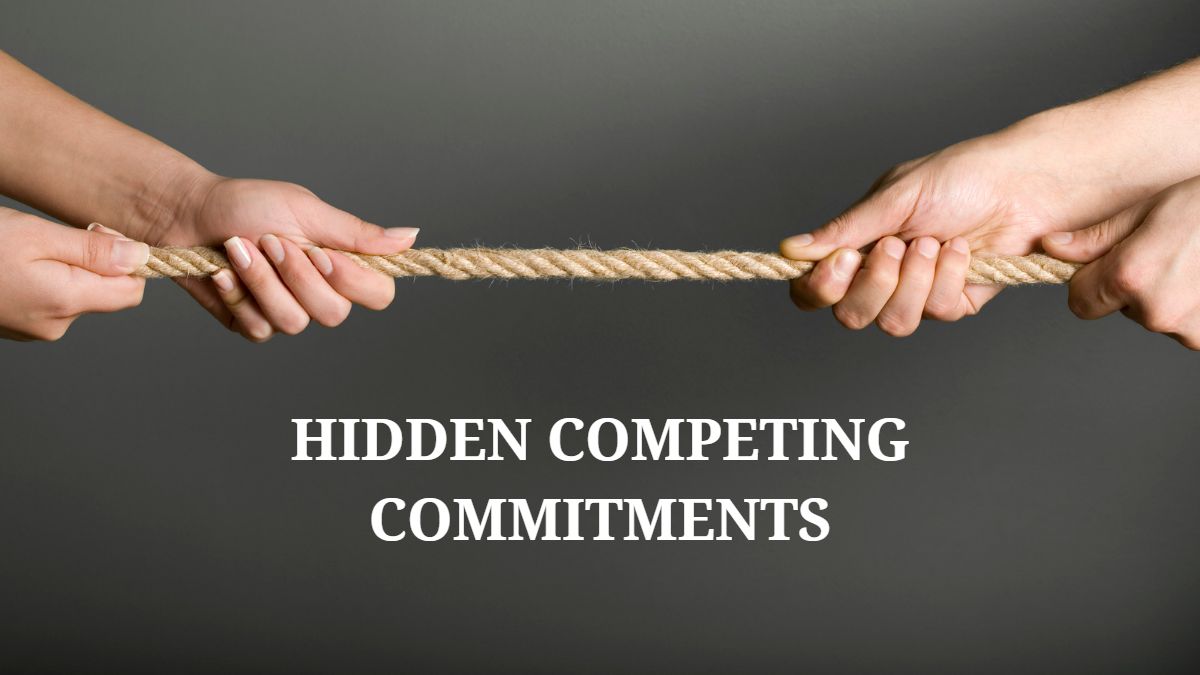
We all have what Kegan and Lahey call “hidden competing commitments” that work at cross purposes to what we want to achieve. The objective is to unveil these commitments and find ways to uncover them for yourself.
Remember, information is power, and we want you to become more aware of what’s keeping you from meeting your goals and what you want to achieve.
Within financial services, we often see these hidden competing commitments, which are pretty revealing. When we further explore them, we also uncover the assumptions people make regarding their finances and overall relationship with money.
Living For Today/Planning For Tomorrow
Here is a common competing commitment we encounter in financial services. The dilemma generally regards how we all want to enjoy our lives to the fullest now while simultaneously planning for our future. We’ve all heard stories about the person who worked hard, retired, and died. For what?! The question always gets asked. The assumption is made that that person didn’t enjoy their life while working or that their work led to their early demise.
What assumptions do you make when you hear this story?
We make all kinds of assumptions about money and financial planning. Understanding your assumptions lets us learn a lot about you and how we can tailor a system that best meets your needs. This is a massive factor in your decisions about your money, the goals you set that relate to it, and whether they are achievable.
To Will Or Not To Will; That Is A Big Question!
There’s a reason that less than half the Canadian population has a will—it is so emotionally charged that people do not know how or where to begin.
We make all kinds of assumptions about preparing our will:
- It costs too much
- It’s a complex process to plan and prepare.
- We don’t need one as we don’t own much.
The most significant aspect of preparing your will, as an essential component of your overall estate plan, is how you want to be remembered. We encourage all of our clients to view planning as one element of our life’s legacy. It is essential to recognize that our life imprints on our families, friends, and communities. Leaving a will is not simply a passing on of our material assets. Of course, it is essential to understand what we intend to do with our assets is a reflection of our values, so the question becomes:
How do we want to be remembered?
The hidden competing commitments here might be the desire to prepare your will in the shortest time possible versus your desire to feel confident and competent when going through the estate planning process. There can be much discomfort trying to fully understand all the different elements of estate planning with the corresponding tax strategies while deciding which would work best for you and your family.
We also see many people agonizing over the choice between their families and their favorite charities, believing they can’t do both. Often people leave it up to their kids, which, sadly, leaves families with missed opportunities to redirect money from CRA to their favorite charities.
Consider what else could get in the way of preparing your estate plan. Drafting your will? Updating it? What assumptions are you aware of that you may be making that could hinder or help this process? What hidden competing commitments might you have that would give you valuable information about what’s standing in your way of this particular goal?
Adaptive Problems Need Adaptive Solutions

I’ve been looking at my personal goals for 2023 using the hidden competing commitments lens and adaptive model of change. During our staff retreat, my team and I spent some time in December exploring this model in more detail as it relates to our business and the growing needs of our clients.
We took a step back before establishing our specific goals for the business and our corresponding individual goals that will support what we want to achieve for our company. Our client’s needs are changing, so we have been shoring up our toolkits to provide adaptive solutions for adaptive problems. Kegan and Lahey emphasize the impossibility of changing an adaptive problem with a technical solution. Our changing world requires adaptive solutions that allow us to change in ways that will support our goals and purpose in life.
We Are Making Changes Too!
We are excited to roll out our new cash flow software to help our clients closely examine their personal money management strategies—what’s working and what isn’t. A great example is ‘Winton’ – available for our clients who want to address their financial health conditions affecting their families and the interrelationship between debt and cash flow. Of course, it works just as well for people who want to look closely at where we spend our money to meet some of our bigger-picture goals.
We are also working diligently on understanding our social purpose. We look forward to your input into what makes us unique and how we can meet and exceed expectations. This will help align our values with our social purpose and intentions for 2023.
Also high on our agenda is assisting more of our fellow Canadians in creating estate plans that will satisfy their needs, support their families, and support their communities via charitable gifts. As is deliberately putting the meaning back into your decisions about your money while maximizing your legacy.
We are looking forward to an exciting and impactful year. We can’t wait to share our desire to have meaningful conversations about money and how we can make a difference in the world, the lives of others, and our families.
__________________
Enjoyed this article? You might also enjoy:
Finding Our Way Forward for 2023: Traditions, Observations and Insights for The Holidays
5 Financial Planning Myths That Hold You Back…And How To Overcome Them!
Women, Estate Planning, and Philanthropy: Hand In Hand or Hand In Heart?

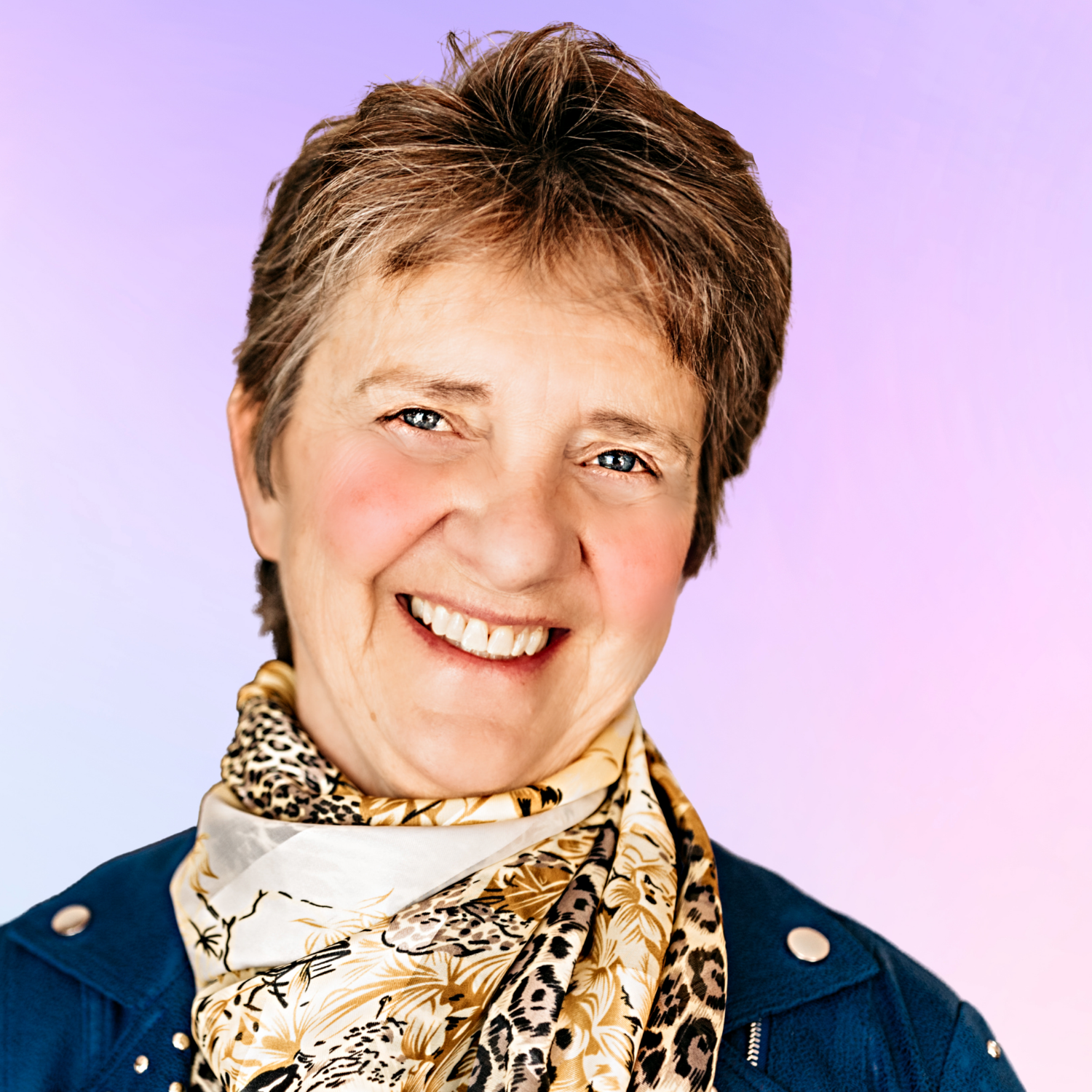
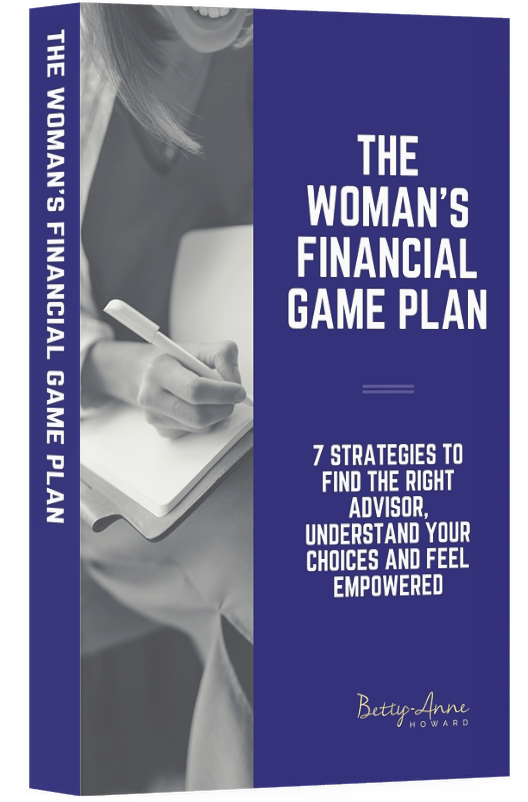
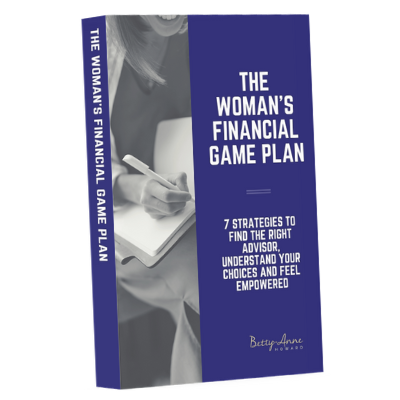

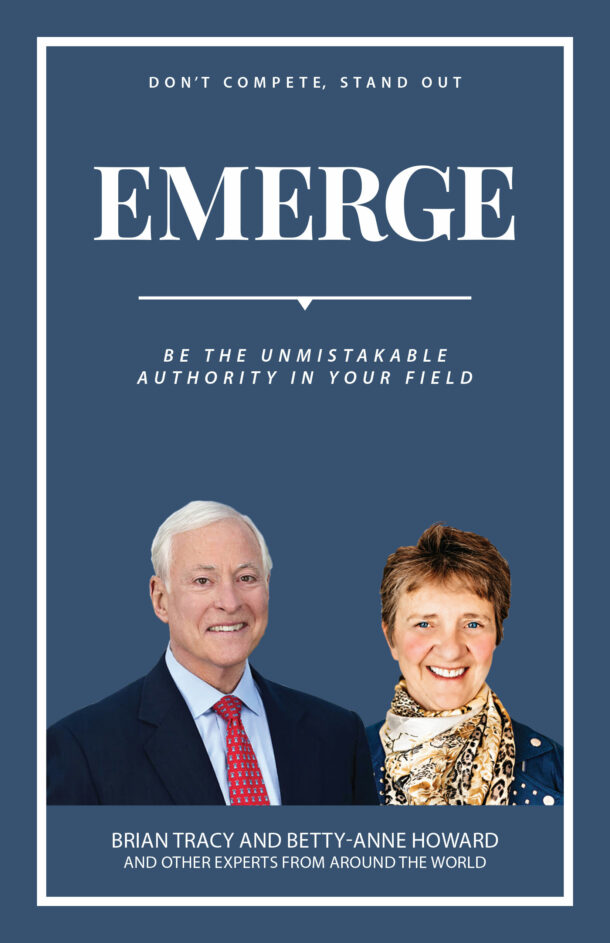
0 Comments